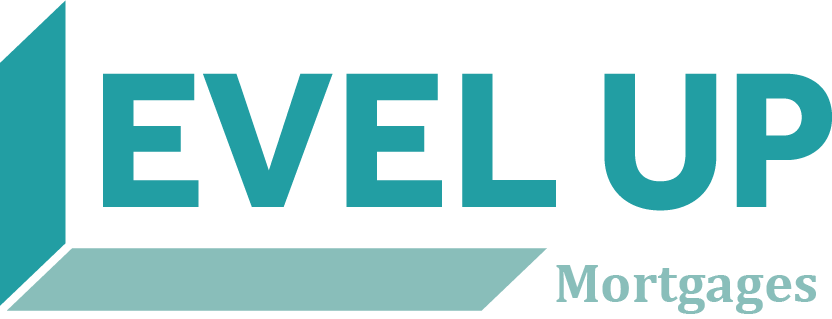Everything You Need to Know about the Mortgage Stress Test
For many Canadians the idea of buying and owning a house is a dream come true.
However, before you get to that point, you need to be capable of bearing the cost of applying for a mortgage and buying a house.
This requires a huge financial commitment on your part. For that very reason, the Canadian government imposes strict qualifications to make sure you can afford your mortgage. This is where the mortgage stress test comes into play. Let's discuss what the mortgage stress test is and what it means for you.
What Is a Mortgage Stress Test?
When you apply for a mortgage, the lender will check your income and debts to determine whether you have the financial capacity to pay off the mortgage. It's essentially a qualifying benchmark set by the Canadian government to reduce mortgage default risk.
How Does a Mortgage Stress Test Work?
The Canadian government requires that all borrowers qualify for a mortgage at the Bank of Canada’s qualifying interest rate. This was first introduced in 2018 with a qualifying interest rate of 4.64%. The quality of the mortgage loan you get will depend on the qualification rate. This changes all the time and got to a high of 5.25% in 2022. However, when interest rates rise above a certain threshold, you are stress tested above the 5.25% rate and qualify for less. This threshold is whenever rates are within more than 2% of the benchmark rate. For example, above a 3.25% rate means you will be stress tested above 5.25%.
If you apply for a mortgage with a higher interest rate, the lender must also calculate how you would be able to pay it off if interest rates went up to the qualifying interest rate. In other words, the lender must determine whether you could afford the mortgage if the interest rate increased.
Under the mortgage stress test, your mortgage payments are tested against your current income. The stress test applies to any mortgage that is being refinanced or a new mortgage that is being taken out on any property.
Who Does the Mortgage Stress Test Apply To?
All borrowers are subject to the mortgage stress test, whether they are buying a home, refinancing or transferring a home. It applies to both new loans and renewing loans. This means that any time you borrow money against your home, you will need to qualify for the mortgage stress test.
Is It Possible to Get a Mortgage without a Stress Test?
Since stress tests are designed to examine a bank’s ability to handle unexpected shocks to the economy, they don’t apply to banks that aren’t part of the federal banking system. These include private or provincially regulated banks. They can offer loans without a stress test and are generally more willing to lend to borrowers with less-than-stellar credit scores.
THE BOTTOM LINE
The mortgage stress test helps prevent homeowners from taking on mortgages they can’t afford. This stress test aims to ensure that homebuyers don’t overextend themselves by taking on mortgages they can’t pay off. If you're curious about how you can pass the mortgage stress test in Canada, reach out to Level Up Mortgages today.
Do you want to learn more about mortgage financing in Canada? Level Up Mortgages supports homebuyers and homeowners in attaining success in their mortgage journey with mortgage strategy, digital mortgage education, and introductions to all the other experts you need to succeed in home buying and your personal finance. To assist homebuyers and homeowners in purchasing or refinancing new homes, we work with premier banks and best-rate mortgage lenders in British Columbia and Ontario. Get in touch with us today!

